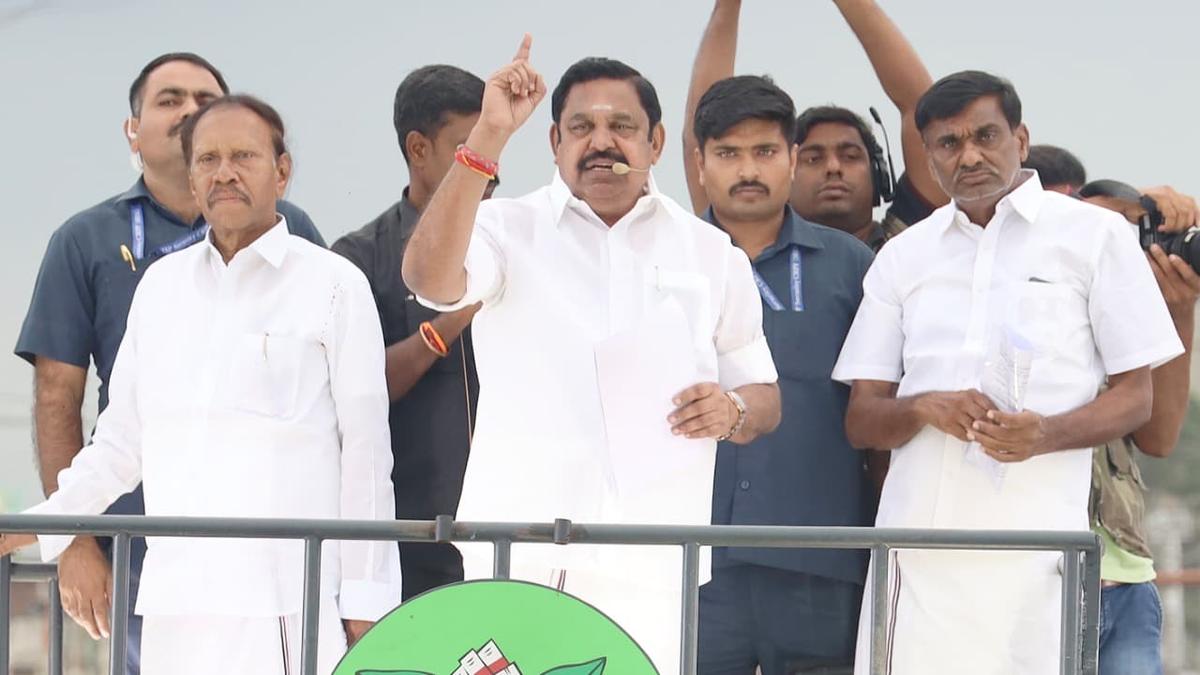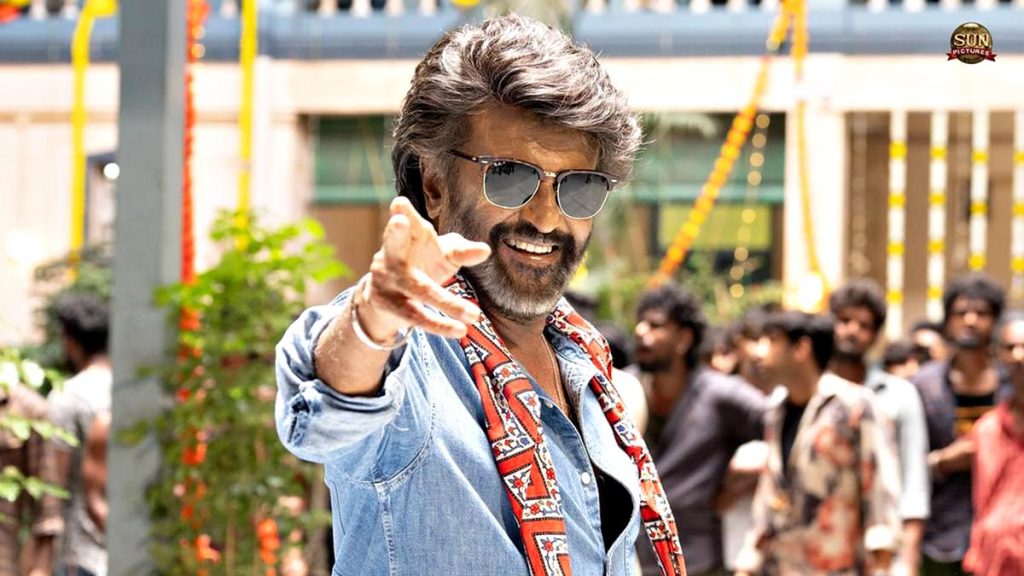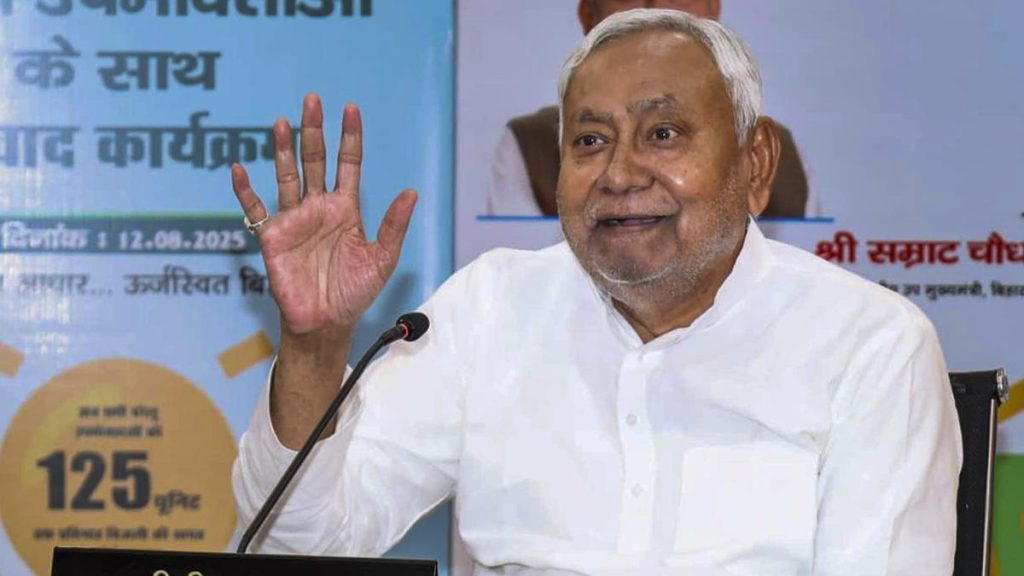Now Reading: EPS Criticizes AIADMK’s UDAY Scheme Stance, Claims No Power Tariff Hike
-
01
EPS Criticizes AIADMK’s UDAY Scheme Stance, Claims No Power Tariff Hike
EPS Criticizes AIADMK’s UDAY Scheme Stance, Claims No Power Tariff Hike

Quick Summary
- AIADMK general secretary and Leader of Opposition, Edappadi K. Palaniswami,stated during a public address in Tirupattur that his government (2017-2021) did not increase electricity tariffs in Tamil nadu despite joining teh Union Government’s Ujwal DISCOM Assurance Yojana (UDAY) scheme.
- Palaniswami clarified that the AIADMK joined the UDAY scheme only after ensuring two conditions were met:
1. Dropping the mandate to raise electricity tariffs quarterly.
2. Farmers were not forced to install electricity meters on pump sets for assessing power consumption.
- His comments came following criticism by Tamil Nadu industries Minister T.R.B. Rajaa, who blamed tariff hikes on decisions made under the AIADMK regime in 2017.
- Palaniswami contended that recent power tariff increases over four years occurred under DMK governance but were misleadingly linked by critics to AIADMK’s decisions.
- Addressing other issues,he accused CM stalin’s government of allowing increased lawlessness in the state and highlighted rising crimes against vulnerable groups like women,children,and senior citizens due to alleged political interference with policing.
- He also criticized corruption within DMK ranks, citing as evidence a property tax scam case involving Madurai Corporation officials and connected individuals.
Indian Opinion Analysis
Edappadi K. Palaniswami’s rebuttal regarding UDAY focuses on defending his party’s record while shifting responsibility for recent power rate hikes onto the current DMK administration. His argument hinges on ensuring clarity about conditional participation in central schemes like UDAY and rejecting claims that it mandated consistent tariff increases-positioning such decisions as policy choices made after his tenure had ended.
The recurring mentions of governance failures-crime rates and alleged corruption scandals-reflect ongoing political rivalry between AIADMK and DMK ahead of future electoral contests. Still, they underline broader concerns about systemic transparency in Tamil Nadu’s administration.
Critically examining these claims illustrates how federal-level collaborations like UDAY may influence state politics indirectly through long-term structural arrangements or public misperception-a balancing act for any ruling leadership navigating development needs vis-a-vis accountability demands from opposition scrutiny.
For more information: link unavailable from original source.

























